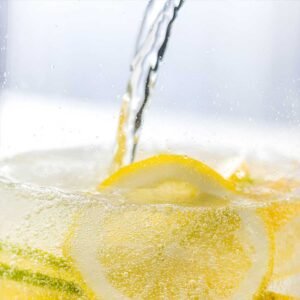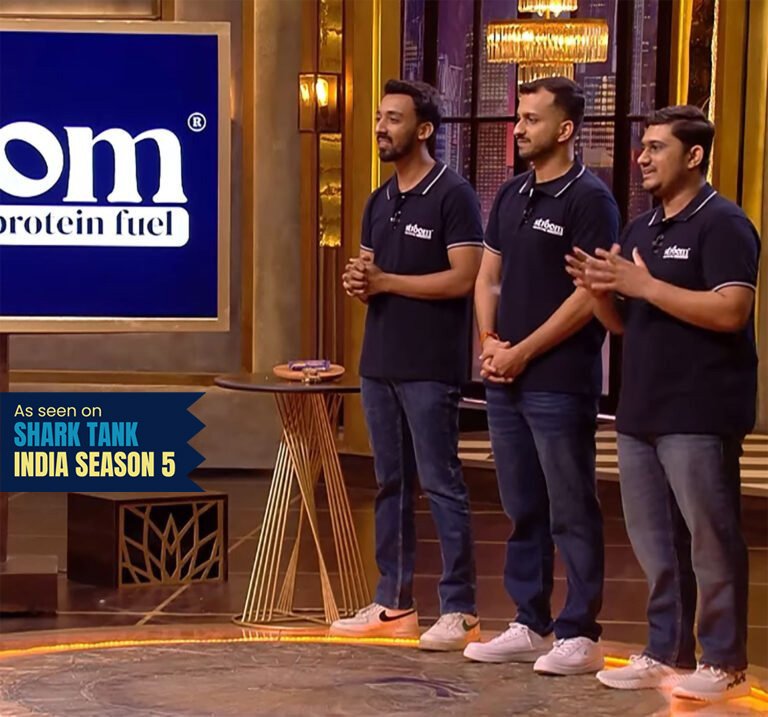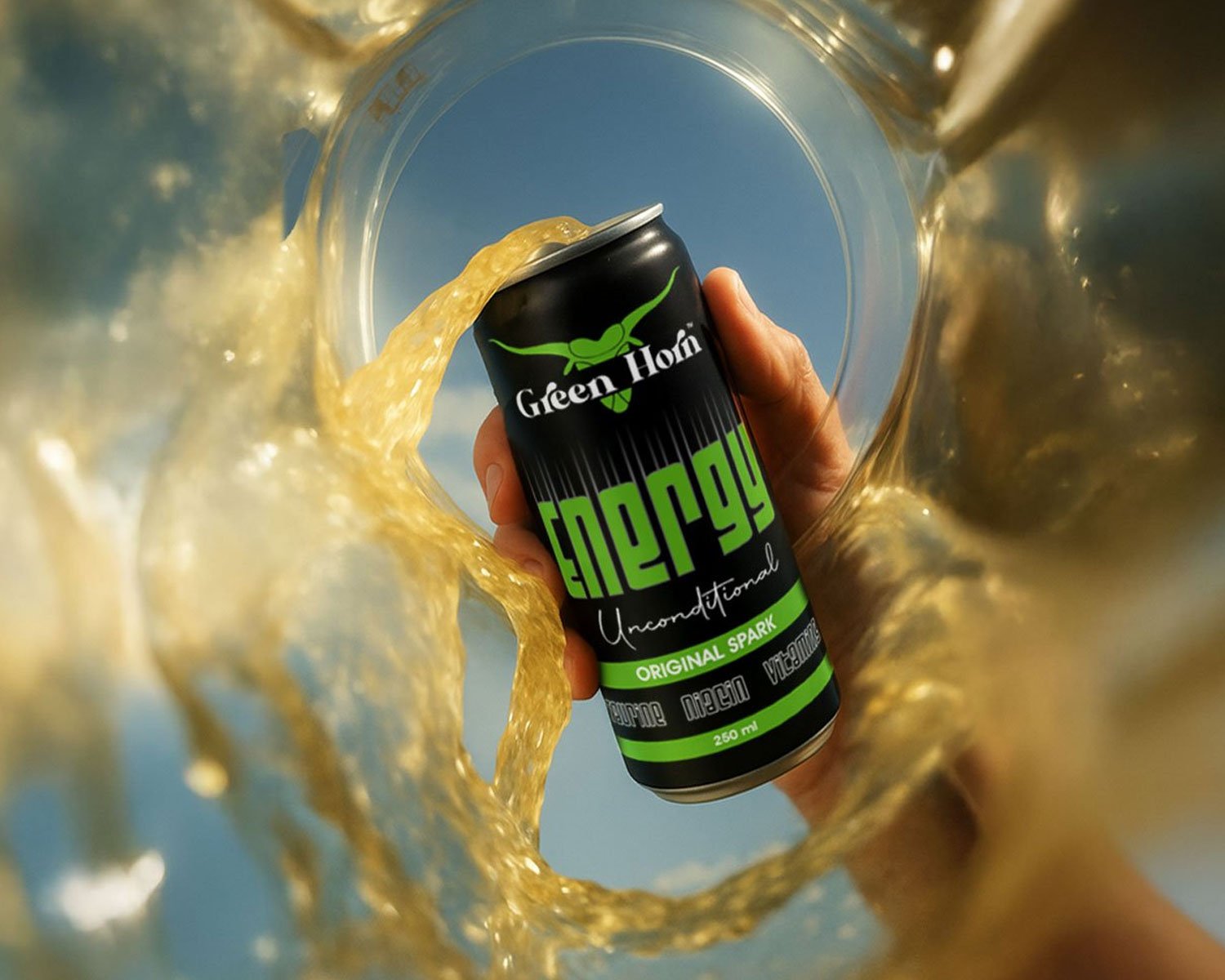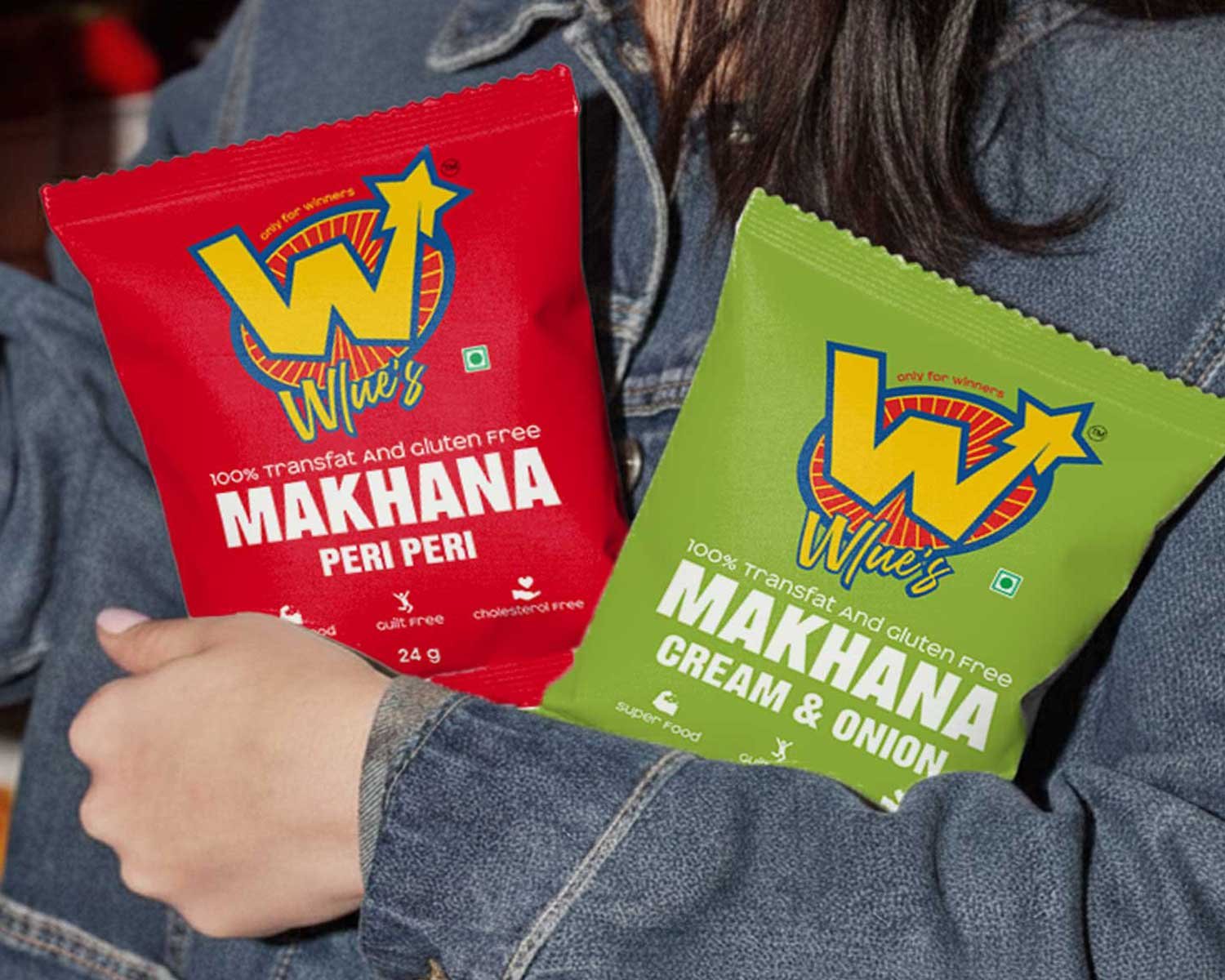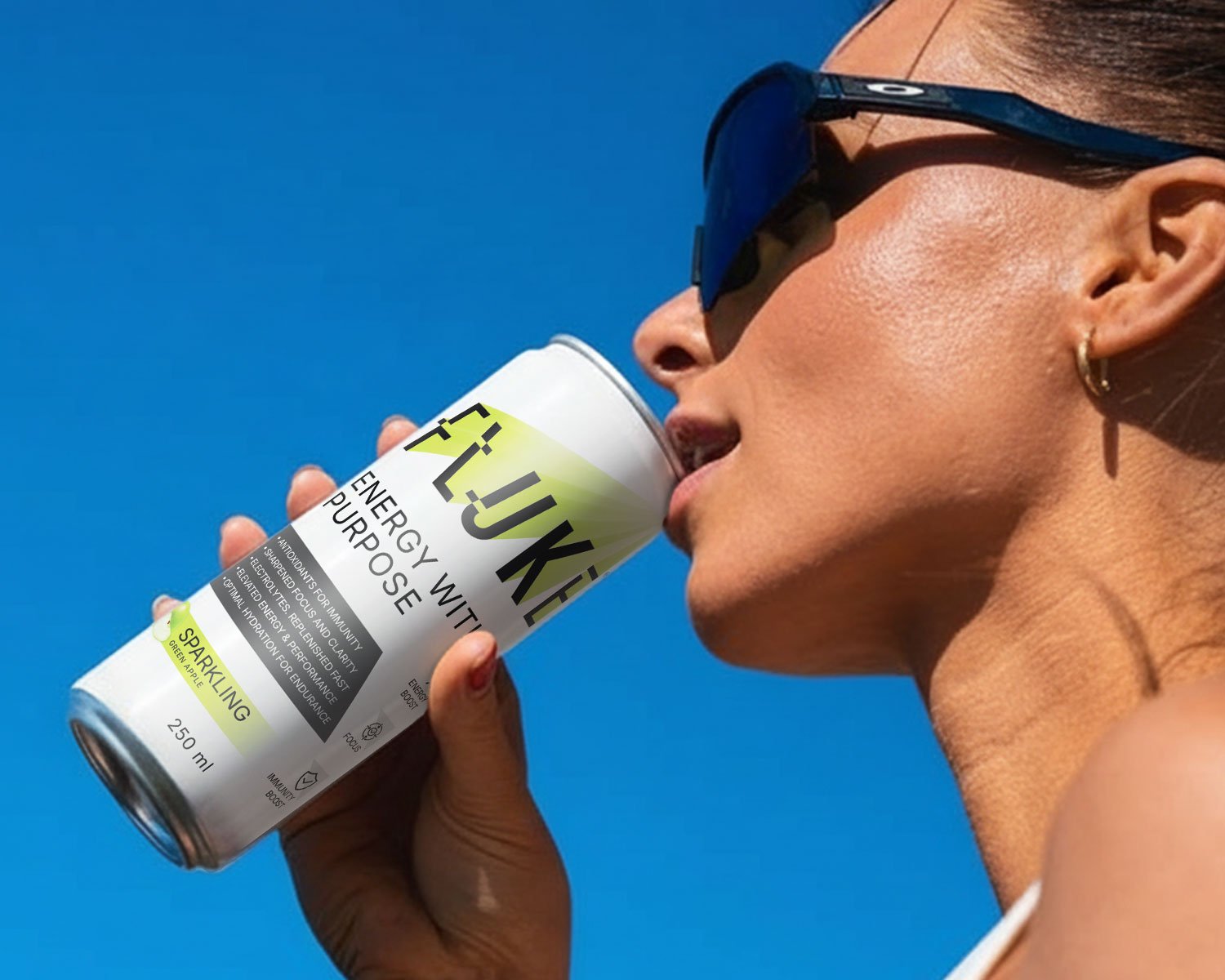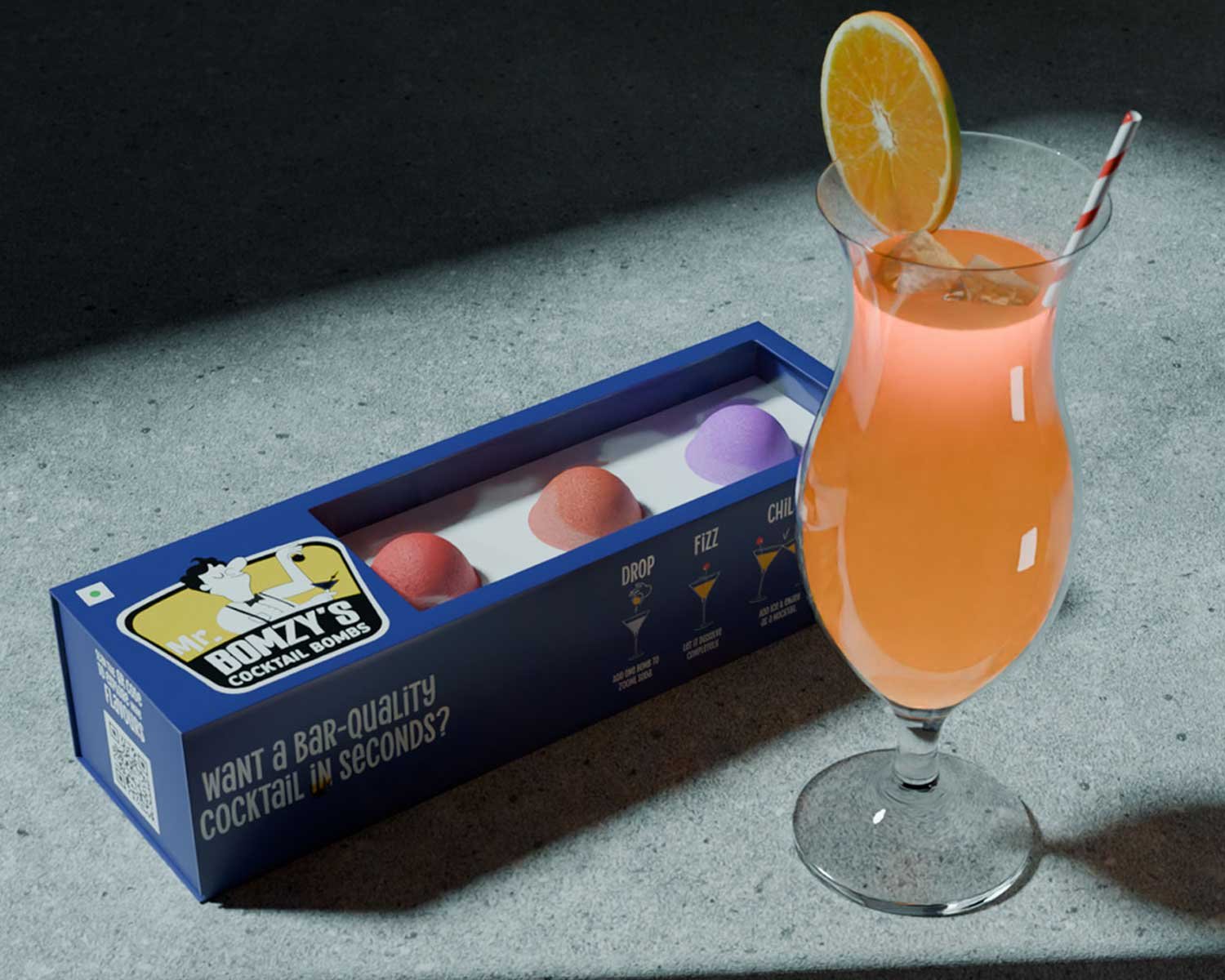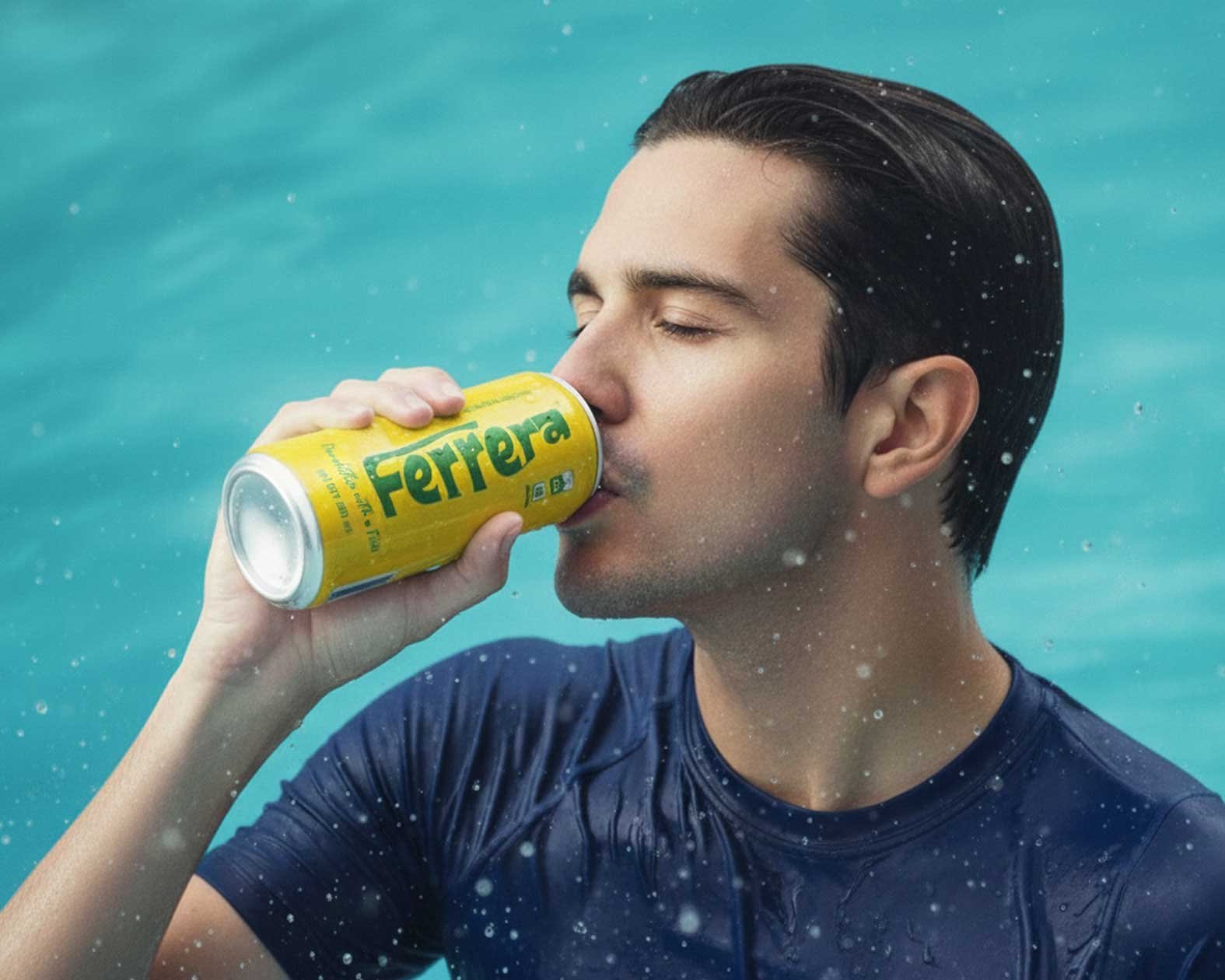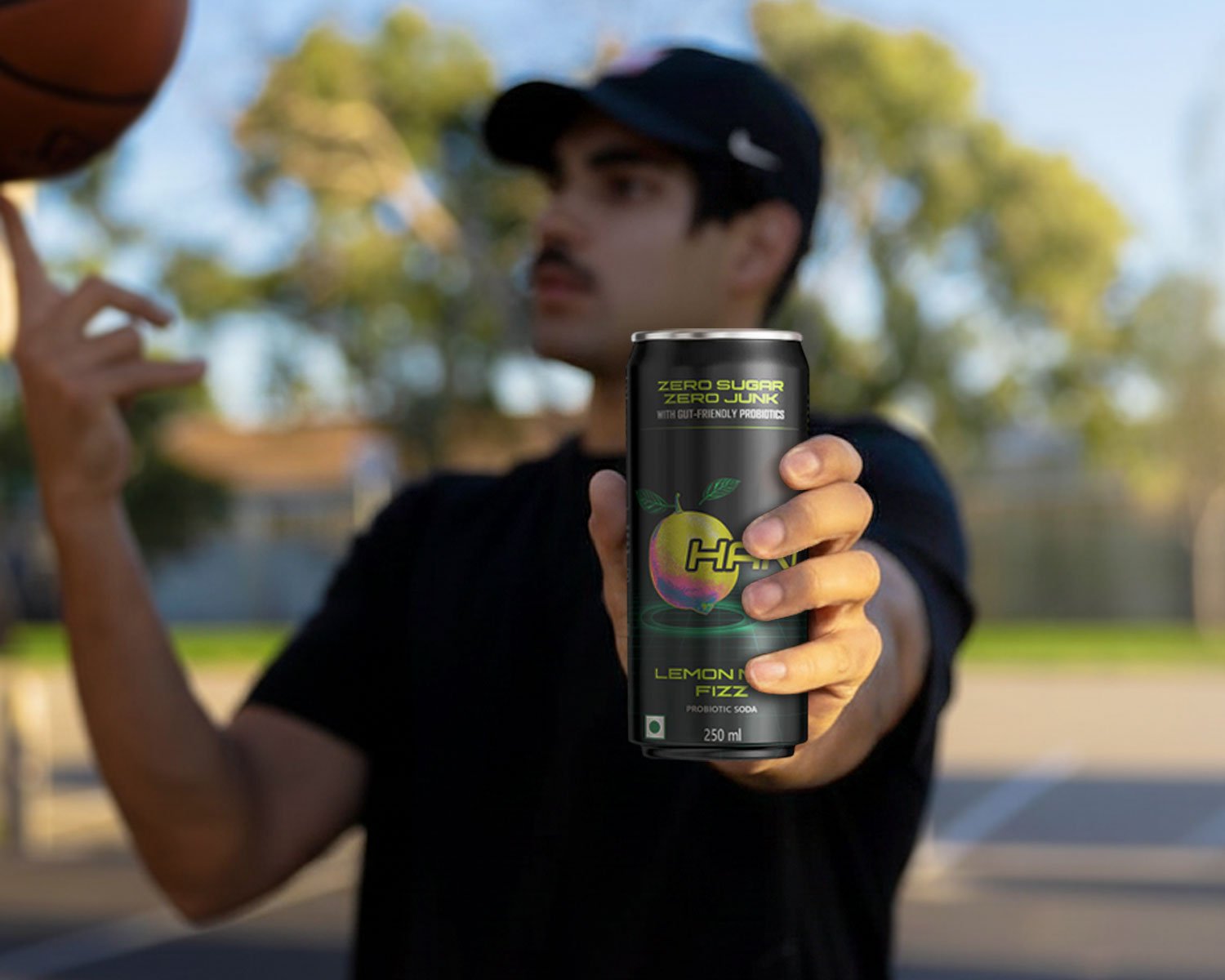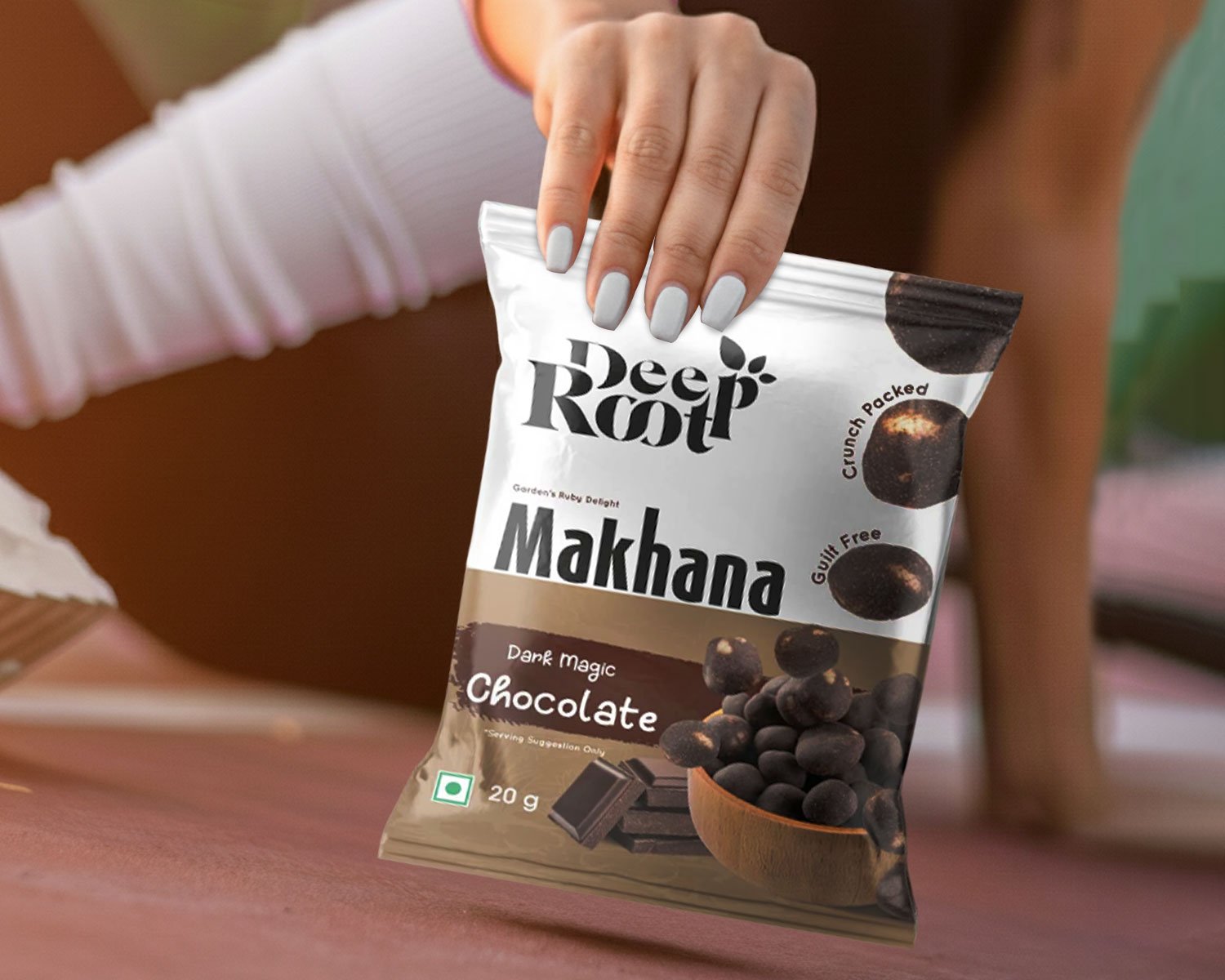We are the hustlers of the modern day, currently working hard day and night, and sometimes need something very energetic to refresh ourselves. Isn’t there something truly magical about sipping on a drink that instantly lifts your spirits? Whether it’s the tingle of bubbles on your tongue or the burst of fruity flavor, a well-made beverage has a way of refreshing not just our bodies, but our minds too. And after all, we have to go a long way; for that reason, peace of mind is a top priority for anyone. And when it comes to drinks that do more than just taste good, prebiotic carbonated beverages are in a league of their own.
They’re not only bubbly and delicious but also packed with prebiotics that support your gut health. So, what makes these drinks so special? And how can you create your perfect recipe? Let’s take a closer look at the world of prebiotic carbonated drink recipe formulation and discover the step-by-step process to make one yourself.
What Is Prebiotic Carbonated Drink Recipe Formulation?
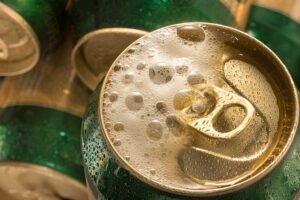
The prebiotic carbonated drink recipe formulation will not only moisten your palate and provide the tingling sensation of the fizz but also nourish your gut with the prebiotic fiber. Prebiotics, therefore, are not live bacteria like the probiotics but are fibres that act as the food of the good bacteria in the gut. These drinks are tasty and at the same time healthy, especially for those individuals who have a zeal towards their healthy state.
Ingredients In Prebiotic Carbonated Drink Development
➜ Prebiotic Fiber (Inulin, Chicory Root): These fibres serve as the foundational prebiotics, promoting healthy gut flora.
➜ Natural Flavours (Fruit Extracts, Herbs): Adding natural fruit extracts or herbs enhances the taste while keeping the drink healthy.
➜ Carbonated Water: Provides the signature fizz, making the drink refreshing and exciting.
➜ Sweeteners (Stevia, Honey): Natural sweeteners are often used to balance the flavor without adding excessive calories.
➜ Citric Acid: Often used to give a tangy kick and balance the sweetness.
And additional ingredients we use as per our client’s requirements. Like what flavors they want to have or uses of pink salt etc, it fulfills their needs.
Stages Of Prebiotic Carbonated Drink Recipe Development
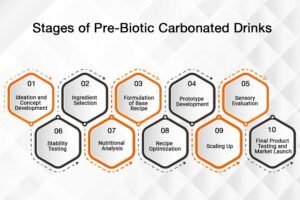
Ideation and Concept Development
The first step for prebiotic carbonated drink recipe formulation is ideation. Creativity is the game that starts at the conception of thought from the mind of the creator, becoming real as it goes through its development process. Ideation is the initial step in the process of composing beverage recipes, which includes creating ideas that are related and perfect for the existing market.
Key Considerations
➜ Market Trends: Know the trends in the industry that you think might be developed, for instance, functional beverages, plant-based drinks, or no-sugar-added soft foods and beverages.
➜ Target Audience: Determine the target consumer in this case, anyone interested in improving his or her health, athletes, or any working people.
➜ Flavor Profiles: Try out new combinations to get a blend that is not commonly seen but would be visually satisfying.
➜ Health Claims: Use products that state the health benefits, like boosting immunity or supporting hydration, to appeal to health-focused customers.
Ingredient Selection Of Prebiotic Carbonated Drink Recipe
Once the concept is clear, the next step for prebiotic carbonated beverages is to go for the right ingredients to produce the final product. This encompasses the selection of the prebiotic substrate (such as inulin or chicory root), sweeteners, natural flavoring, and levels of carbonation.
Prebiotic Drink Base Recipe Formulation
This stage involves creating a base formula for a prebiotic carbonated drink, for example, a simple ratio of the ingredients, and then adjusting them for taste, texture, and nutritional values, and working on balancing the amount in proper proportions.
Prototype Development In Prebiotic Beverage
Having a basic recipe drawn out, it is now time to build a prototype of the recipe. There is a necessity for the production of small batches and experiments or testing to find out the best formulation or to refine the solutions.
Prebiotic Carbonated Drink Formulation Sensory Evaluation
It is only after these tests that sensory evaluation is conducted as far as the taste, smell, appearance, and texture of the drink are concerned from the perspectives of experts.
Stability Testing Of Prebiotic Drink Recipe
The way of preserving the drink is also important because the drink must be of high quality until the consumer buys it. Stability testing involves the determination of how the drink that has been developed performs under different storage conditions.
Nutritional Analysis Of Prebiotic Beverage
During this stage, the beverage is tested and checked to determine its nutritive value as well as to check on adherence to health policy and additional health benefits.
Prebiotic Carbonated Drink Recipe Optimization
According to the response received and experiments, the composition of the product offered is refined as regards taste stability and nutritional characteristics.
Scaling The Prebiotic Beverage
After the formulation has been perfected, the next question is how to industrialize the production process and still maintain high quality.
Final Product Testing and Market Launch
Finally, before the drink can reach the market, it is subjected to some final quality and safety tests. After successful testing, the product is all set to make a hero entry in the market.
💸 Cost And Pricing In Prebiotic Carbonated Drink Recipe Formulation
| Aspect | Insights (2025 Update) |
|---|---|
| Ingredient Costs | Prebiotic fibers (like inulin, FOS, GOS) cost ₹400–₹700/kg, far higher than basic sweeteners. |
| Natural Flavor Additions | Clean-label, gut-friendly flavors and sweeteners (stevia, monk fruit) raise formulation cost by 20–30%. |
| Carbonation & Processing | Extra care needed for fiber solubility and bubble stability adds to technical handling costs. |
| Packaging Considerations | Premium, eco-friendly cans or bottles aligned with wellness branding increase packaging costs by 10–15%. |
| Retail Pricing | The average retail price is ₹90–₹150 per 250ml can in India, depending on fiber content and branding. |
| Consumer Willingness to Pay | Urban millennials & Gen Z show higher willingness to pay if health benefits and taste align. |
| Cost-Value Trade‑Off | Success depends on balancing fiber benefits, taste, shelf stability, and clear messaging at a viable price point. |
Why Choose Foodsure?
At Foodsure, we offer matchless expertise and perfect solutions for every prebiotic carbonated drink development and food innovation. Here’s why you should partner with us:
➜ Trusted Partner: Foodsure is your go-to expert for crafting the perfect prebiotic carbonated drink.
➜ Experience: With years of experience in food and beverage formulation, we know how to create products that taste great and meet health goals.
➜ Expert Team: Our team of professionals works closely with you, ensuring every step of the recipe formulation is handled with care.
➜ Precision at Every Stage: From selecting the right ingredients to final product testing, we ensure every detail is perfect.
➜ Bringing Your Vision to Life: Choose Foodsure, and let us help turn your beverage ideas into reality.
Connect with us for Innovative Food product Development or beverage recipe formulation, especially prebiotic drink formulation with perfect fizz and health benefits. To make your efforts easy and successful, don’t waste your time searching for more and more. With full trust and confidence, contact Foodsure, Your Food Recipe Partner now at +91 8130404757 and Get Started with your planning!
FAQs
What are the best prebiotic ingredients for formulating a carbonated drink in 2025?
In 2025, top-performing prebiotics for carbonated beverages include inulin, fructo-oligosaccharides (FOS), and galacto-oligosaccharides (GOS). These ingredients provide gut health benefits, are neutral in flavor, and maintain stability in carbonated environments when properly processed.
How do I ensure taste stability when adding prebiotics to a fizzy drink?
Balancing prebiotics with natural acids, low-calorie sweeteners like stevia or monk fruit, and microencapsulated flavors is key. Working with an experienced formulation consultant can help maintain both fiber functionality and flavor appeal throughout the shelf life.
Is there strong market demand for prebiotic carbonated drinks in India and globally?
Yes. As of 2025, demand is growing rapidly, urban consumers are prioritizing gut health, and functional beverages are leading innovation. The Indian market, especially in metros, shows rising interest in fiber-rich fizzy drinks, making it a lucrative space for brands targeting wellness-conscious Gen Z and millennials.

